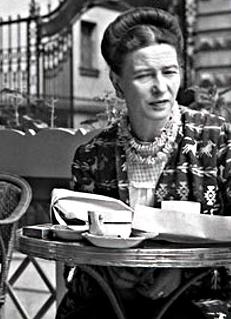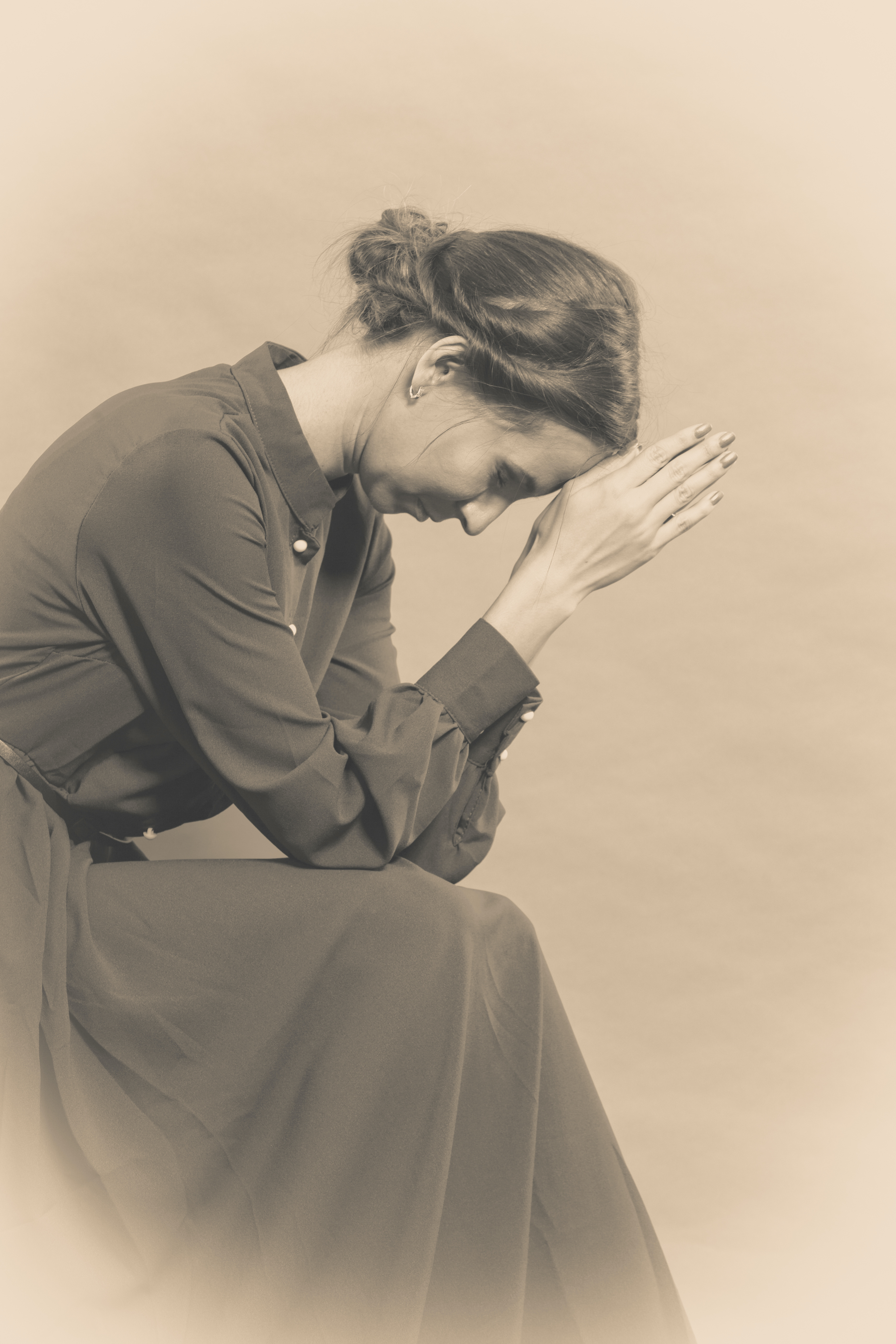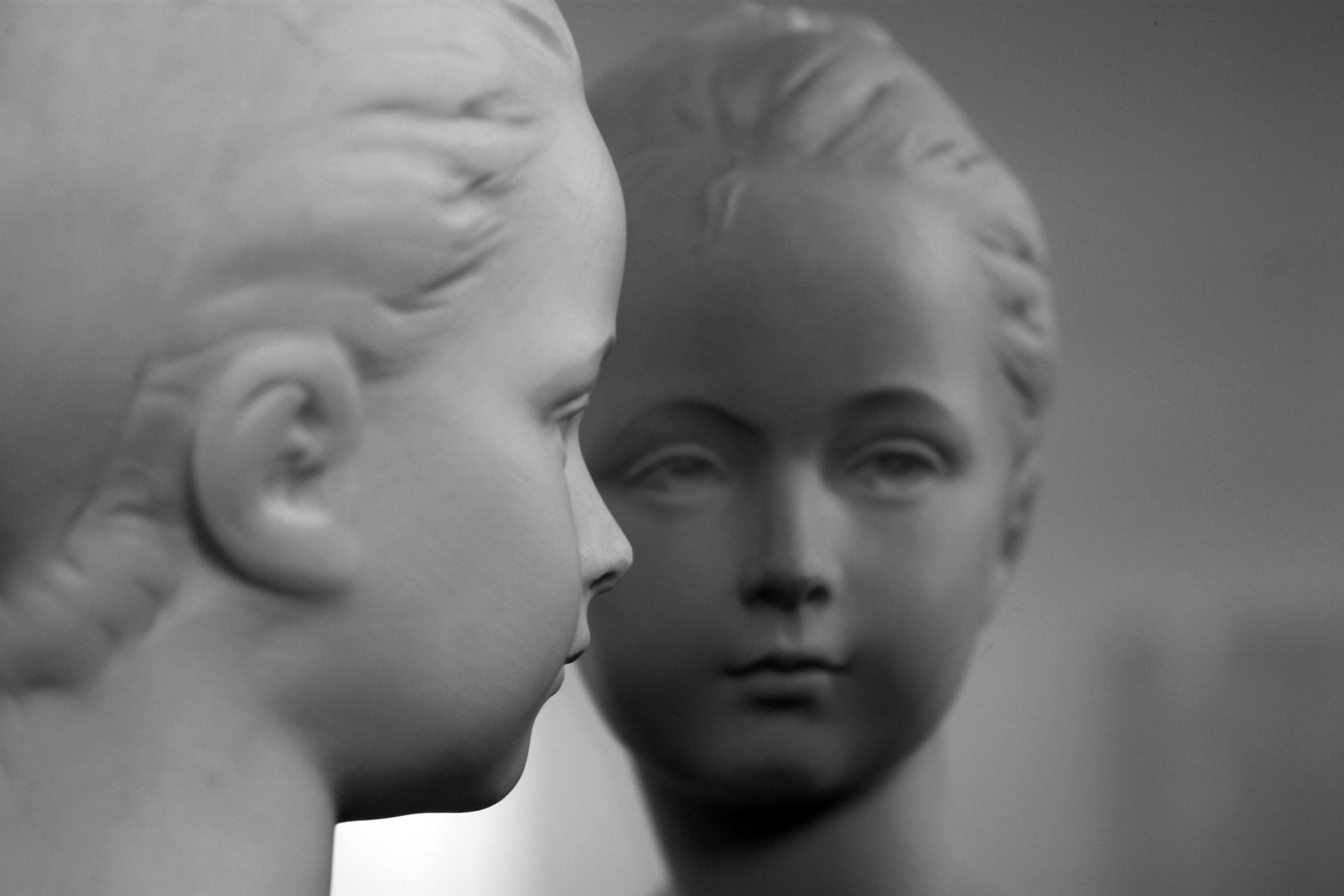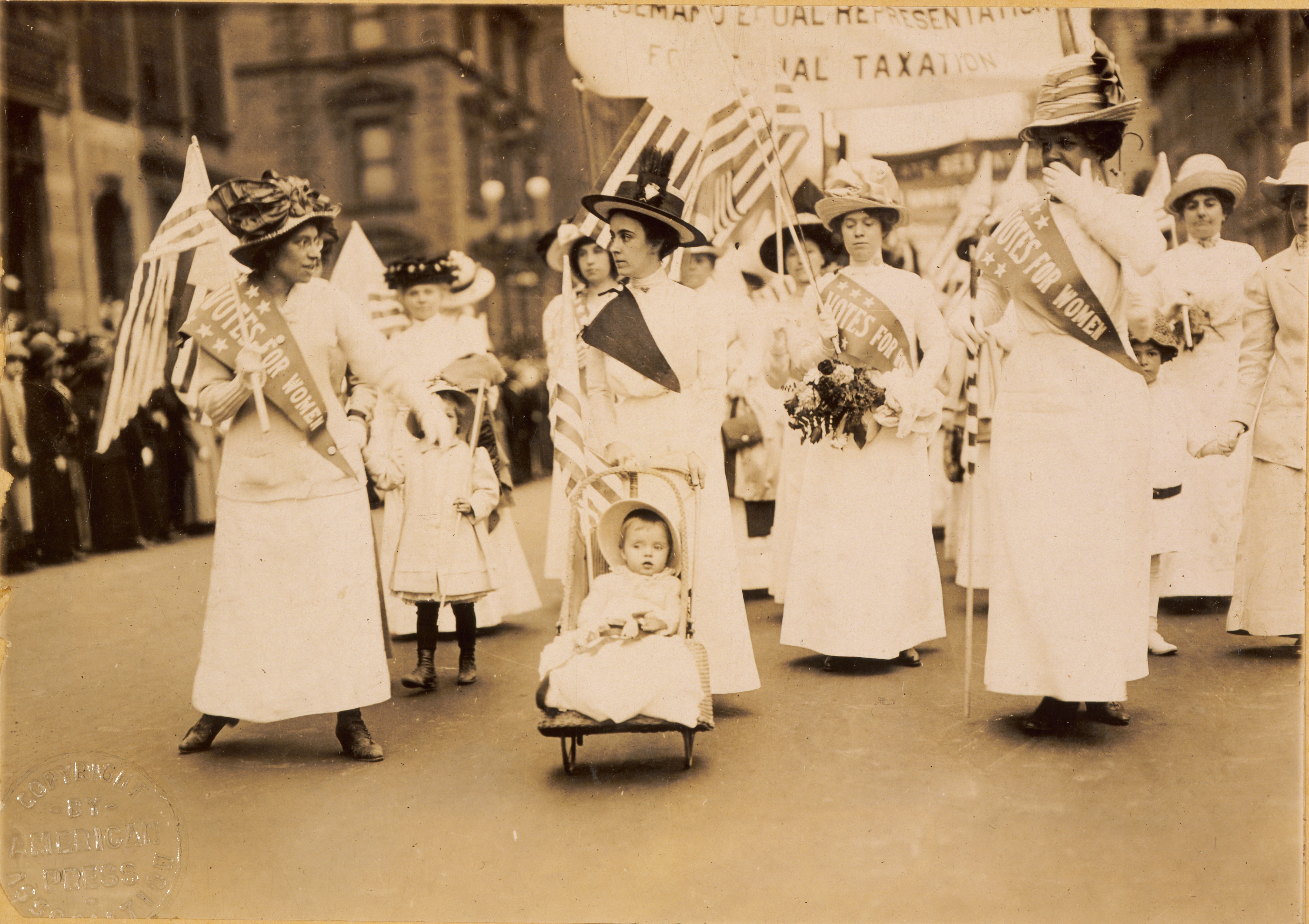The Second Sex was written in 18 months, an incredibly short period of time, and the story of its genesis is the stuff of legend. In one of her memoirs, she claims that she was having a conversation with Sartre; they were discussing what she should write about next, and the question of what it had meant to her to be a woman came up. One sometimes reads in the literature about Existentialism that Sartre gave Beauvoir the idea for The Second Sex, but this is far too simplistic.
In French literary studies, Existentialism is sometimes defined as a literary period rather than a philosophical one, and it includes works like Michel Leiris’ Manhood. Beauvoir read that book and thought that she’d like to write a similar one about what it means to become a woman. So, the conversation with Sartre was certainly part of the story of the genesis of The Second Sex, but Beauvoir’s wider reading was also extremely important. I like to think of The Second Sex as a work which was polygenetic, that had many different sources of inspiration, including Beauvoir’s reading, her conversations with her contemporaries, her experiences as a woman and the experiences of her friends. If we look at it in this way, it emerges as a much more complicated work.
Beauvoir’s experience as a woman
Beauvoir had already developed distinct positions of her own in the 1940s with respect to existentialist ethics. She also had a conception of what it means to be a self, which was different from Sartre’s. I think it’s important, when considering the origins of The Second Sex, to know that Beauvoir had already experienced many of the inequalities that affected women – and I’m not just talking about material inequalities, although those were certainly quite stark, but also the inequalities in the ways that women felt within themselves about their own freedom.
So, she’s very interested in subjectivity, what it means to be yourself, what it means to aspire to be free. Those are the kinds of questions that you can see already in the 1920s, in her student diaries. The Second Sex is a book that is the culmination of 20 years of Beauvoir’s philosophical thinking and dialogues with many people, living and dead.
Themes of the first volume
The Second Sex was published in two volumes. The structure of the book is very important, because in the first volume, which is called Facts and Myths, she talks about women as they have been described by some men. She discusses history, biology, materialism and psychoanalysis. She’s interested in the question ‘What is a woman?’ She’s also interested in the concept of femininity: ‘What does it mean to be feminine?’ Already in 1949, she knew that some women were not considered women simply by virtue of being biologically female. They were considered ‘bad women’ because they were insufficiently feminine.
She also looks at literature, because she was fascinated by the ways that women were depicted in literary works: they were frequently defined not on their own terms, as people who could have projects for their own lives, but rather as ancillary subjects whose purpose was to love men. Beauvoir was fascinated with whether or not women were presented as protagonists in literature, or whether they were just playing supporting roles in the lives of the men that literature depicted.
The scandalous second volume
In volume two, she looks at what women say about what it’s like to grow up under this hegemony of myths, which have been largely defined by men, and which largely serve to maintain a hierarchy that benefits men. At the beginning, we read this claim that one is not born, but rather becomes a woman. One of the things that’s frequently overlooked in discussions of this sentence is that in the first volume, she’s already used that formulation. She says in volume one, ‘One is not born, but rather becomes a genius’, because she’s interested in why it is that women have contributed relatively little to the great works of art and investigation. She says that we should look at how they came to be in this position of creating so little, given that, as Beauvoir saw it, they were capable of much more. So, over the second volume, she talks about childhood, she talks about sexual initiation, she talks about motherhood and she talks about love, lesbianism. The second volume really shocked her contemporaries. It caused a scandal. What she was doing was saying that this mythology of womanhood and the expectations of femininity are oppressive, and we don’t have to perpetuate them.
Beauvoir claimed that the result was commonly that women became split subjects who felt like they could not succeed at their own projects in life without becoming less lovable, or because they were told that the supreme vocation of a woman was to love either her husband, or her boyfriend, or her children or her God. This, according to Beauvoir, led to the sense of division between being somebody who valued her own freedom and pursued her own projects, and being somebody who was a success according to the expectations of her day. I think it’s really important to say that they were the expectations of her day, because in the very beginning of volume two, Beauvoir says that what she’s describing is the present state of education and customs. She’s not making a universalising claim. She’s not even generalising beyond the context of her own kind of Parisian model; she’s saying that “in the present state of education and customs, this is what is proposed to a woman as her vocation, the thing that will give her life meaning”, and Beauvoir thought that it was unethical on the grounds that it didn’t encourage women to pursue their own freedom.
Women as the other
One of the things that Beauvoir wanted to point out was the hypocrisy of a society which valued freedom as a human ideal, but which only extended that to men. She drew on Hegel, claiming that the way that men justify the exclusion of women from the freedom that is the birthright of humanity is by saying that that women are other, that the things that we take to be feminine are defined in opposition to masculinity. Then, they are naturalised so that it looks like it’s in women’s nature to be submissive, to want to love and not to pursue their own projects for life. This naturalisation of otherness needed to be questioned, because that was where she thought there was room to pursue more freedom; because if we view women as human beings who wanted to pursue projects for their lives, then it becomes indefensible to define them as other in the kind of Hegelian way that she unpacks in The Second Sex.
The influence of The Second Sex on feminism is a question that is really fascinating in part because it’s so context-dependent. It’s been interpreted as a work of scepticism about sexual difference, which claims that what we now call gender is socially constructed, and that reading is very common in the United States and to some extent in the UK. But in China, for example, The Second Sex was read as a feminist work that supported a sexual difference view of feminism, where there are differences between men and women by virtue of their biology. So one of the things that’s fascinating about this book is that it’s generated such divergent readings and that, whatever the reading is, it’s galvanised women in different political contexts to pursue their freedom as they conceive of it.
What I also find very interesting about the reception of The Second Sex in French feminism is that it wasn’t the book itself that galvanised a movement. When the book was published in 1949, it did sell well – it sold about 20,000 copies in the first year; the scandal didn’t hurt from that perspective – but we know from Beauvoir’s memoirs and correspondence that it wasn’t until after she’d published Memoirs of a Dutiful Daughter, her first volume of autobiography, that women in France began to return to The Second Sex. It was then that it started to play more of a role in second wave feminism.
Memoirs of a Dutiful Daughter
Memoirs of a Dutiful Daughter was published in 1958, and Beauvoir said explicitly that she wrote it because she wanted to apply the philosophy of The Second Sex to her own life, without the jargon of philosophy or psychoanalysis. When The Second Sex was published, she received many letters from readers saying that it was too important to be in a two-volume, 900-page book full of dense jargon, and asking her why she wrote it for the literati. So, when Memoirs of a Dutiful Daughter was published, women went back to The Second Sex in much larger numbers, such that by the 1980s, it had already passed the millionth mark.
A work of great philosophy
The Second Sex was received in American intellectual life as a book that was about female sexuality, but, in actual fact, is about much more than female sexuality. It’s about what it means to become a person and what it means to become an ethical person. It is fascinating when you get a text like this that can be received in such different ways, but which inspires so many people. That’s one of the reasons that I think The Second Sex is a work of great philosophy – because great philosophy is something you think with, not necessarily something that tells you what to think.



